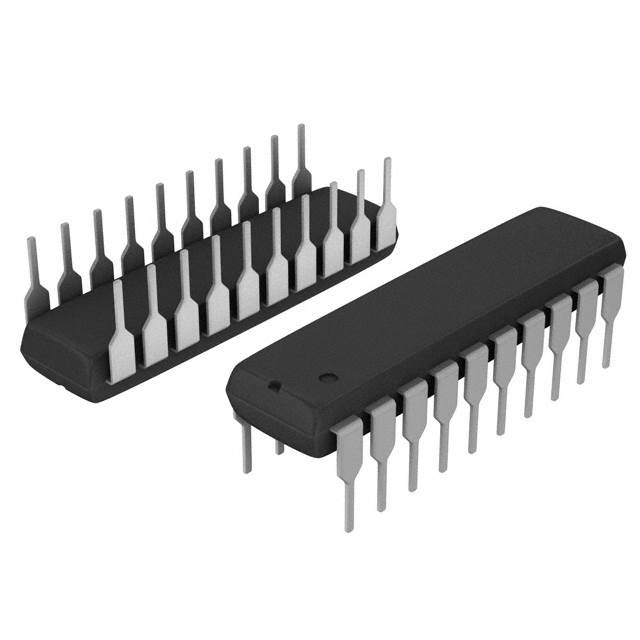In Stock : 0
Please send RFQ , we will respond immediately.









74F374PC Specifications
-
TypeParameter
-
Package / Case20-DIP (0.300", 7.62mm)
-
Supplier Device Package20-PDIP
-
Mounting TypeThrough Hole
-
Operating Temperature0°C ~ 70°C (TA)
-
Current - Quiescent (Iq)86 mA
-
Voltage - Supply4.5V ~ 5.5V
-
Current - Output High, Low3mA, 24mA
-
Trigger TypePositive Edge
-
Max Propagation Delay @ V, Max CL8.5ns @ 5V, 50pF
-
Clock Frequency140 MHz
-
Number of Bits per Element8
-
Number of Elements1
-
Output TypeTri-State, Non-Inverted
-
TypeD-Type
-
FunctionStandard
-
PackagingTube
-
Product StatusObsolete
-
Series74F
The 74F374PC is an octal D-type flip-flop integrated circuit chip. Here are the advantages and application scenarios of this chip:Advantages:1. High speed: The 74F374PC chip operates at high speeds, making it suitable for applications that require fast data storage and retrieval.2. Low power consumption: It has low power consumption, making it suitable for battery-powered devices or applications where power efficiency is crucial.3. Wide operating voltage range: The chip can operate within a wide range of input voltage levels, allowing it to be used in various types of systems.4. High noise immunity: It has a high noise immunity, meaning it can tolerate external noise and interference without affecting its performance.5. Easy to use: The chip has a straightforward pin configuration and logic symbol, making it easy to integrate into a circuit design.Application scenarios:1. Data storage: The 74F374PC chip is commonly used for data storage applications, where it can store and retrieve binary information. It can be used as a temporary storage unit in microprocessors or in data registers.2. Address latching: In address decoding circuits, the chip can be used to latch address signals to select specific memory locations or I/O devices.3. Clock division: Since the chip has flip-flops, it can be used to divide the frequency of clock signals in digital systems. By configuring the appropriate inputs, it can divide the input clock frequency by two or four.4. Data buffering: It can be used to buffer data signals, ensuring proper signal integrity and preventing signal degradation over long transmission lines.5. Signal synchronization: The chip can synchronize various input signals, ensuring proper timing and avoiding data inconsistency in sequential operations.Overall, the 74F374PC chip is commonly used in digital systems for data storage, signal synchronization, and clock division applications due to its high speed, low power consumption, and ease of use.
74F374PC Relevant information
















